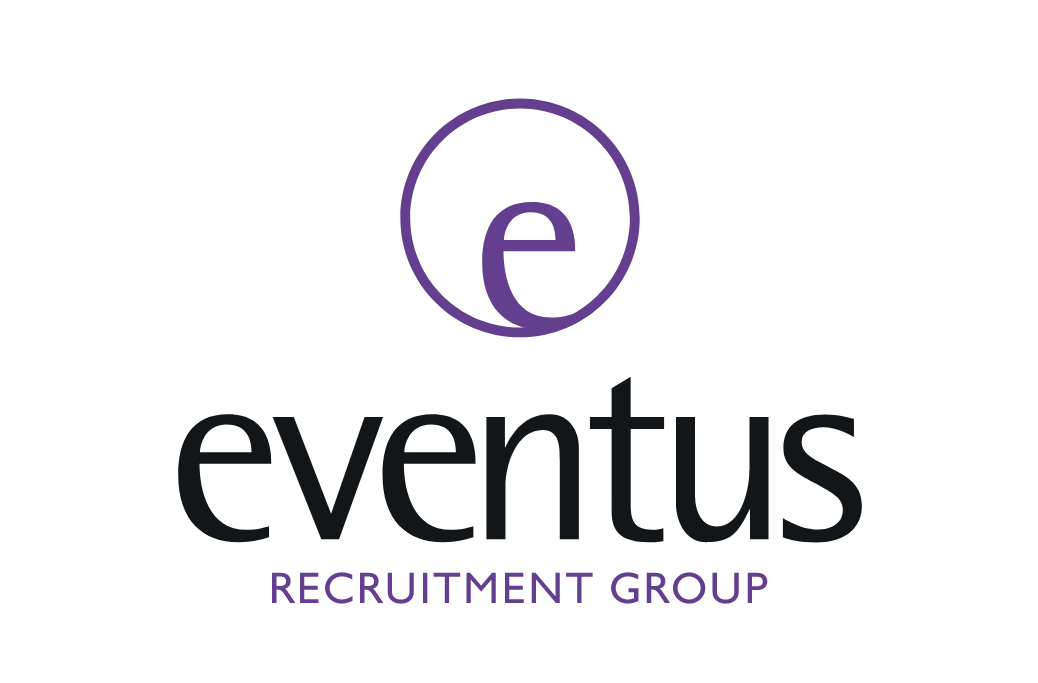This year’s university graduation season has just passed. Daunting to any student, what comes next? A gap year? Travelling? Or going into a graduate scheme or full-time job? From personal experience, it’s definitely not easy deciding what to do with your future. The world is your oyster. However, there are so many resources in place, and things students / graduates can do, to set them up to help them reach their best potential when they leave education. Research published by Prospects Illuminate (October 2023) found that 59.6% of graduates were in full-time work 15 months after graduating, and 10.4% were in part-time employment. Let’s explore some advice for preparing for your early career.
Preparing for early careers
Work Experience
Internships, part-time jobs, volunteering, and industrial placements are examples of work experience. Work experience can be so beneficial to anyone, whether that’s industry-specific to what you want to do, or just making new connections and learning new skills. Getting work experience in early can make you stand out on your CV, and give you practical experience dealing with customers, being in a physical workplace, and handling problems to name a few. Also, you can see if it is a career route you would be interested in pursuing in the future. Learning valuable skills such as teamwork, communication, and problem solving early on from your work experience will only make your CV stronger.
Additionally, a lot of university courses now offer a year in industry, or a placement module, to give you an opportunity to get that experience. Employers love to see that you have taken an interest in your career earlier on, so it sets you up well. Personally, I was lucky enough to join the Eventus Recruitment Group for 10 weeks on an unpaid, flexible placement scheme in the marketing department. This was my first time being in a ‘real’ workplace, that wasn’t a part time job doing the likes of waitressing/bar work. I have learnt so many new skills here that I can take with me wherever the future takes me. Luckily, I was offered paid part time hours when I returned to my final year at university. This is another example of the many benefits work experience holds. If you make a good impression, you may be offered more work than just the initial work experience, and new doors will open.
Make the most of opportunities offered by your university
Over the last decade in particular, universities have started to create more opportunities for their students to gain practical work experience whilst studying. As within many sectors, employers value practical experience as well as qualifications. For example, some universities have Law Clinics to allow Law students to work on real-life legal cases. Also, some universities offer modules that give students the opportunities to work with real businesses on projects. So, we would advise you to make the most of these opportunities and speak to their careers team to see if there’s any additional opportunities to gain practical experience.
Utilise work experience to find out what you would like to do
After graduating if you are unsure of what you would like to do, contact companies to see if they would offer you some work experience. This could also open doors to jobs. Recently we interviewed Helen Milburn who told us how she completed a work experience placement at Jacksons Law Firm, and from there she was offered a job. Since then, she’s worked herself up and she is now a Partner and the Head of their Private Client department.
Work experience after graduating
For example, if you are interested in marketing and know of a business start-up you could offer to do their branding, set up a business profile / social media pages for them. Giving you vital experience to put on your CV.
In the legal sector, gaining work experience within a law firm can be challenging and competitive. So, if this is the case, volunteer at charities like Citizens Advice to give you valuable work experience that will help you stand out to law firms.

Be proactive
Demonstrating proactiveness to potential employers will only make you stand out in a positive way. For example, have you gone out of your way to learn more than the basics about the sector you want to go into to? Or, even if a certain company isn’t necessarily hiring that you want to work for, make yourself known to them. Introduce yourself to them and hand over your CV. Hopefully, they will like the proactiveness and find an opportunity for you. Alternatively, they will keep you in mind for the next time they hire. Proactiveness demonstrates enthusiasm, motivation, and a good work ethic. All of these are qualities that employers value.
Transferable skills
Transferable skills are vital in today’s dynamic working environment. Examples include problem solving, communication, teamwork, time management, and dependability. These can help you adapt to a new environment efficiently and allow you to be flexible in your career. Demonstrating these to potential employers showcases readiness to excel in your career.
It is quite easy to pick up transferrable skills. For example, having a part-time job in a shop whilst studying gives you essential time management skills. Also, there’s plenty of ways of gaining transferrable skills after you graduate. For example, volunteering for charities, fundraising for causes or working / volunteering abroad whilst travelling on a gap year.
University graduate jobs
Universities often offer jobs within various departments to their graduates. This is a great way to acquire practical and transferrable skills as soon as you graduate, if you are living near to your university. Also, this could present the opportunity to try something different to your degree if you aren’t sure what you want to do.
Additionally, universities often partner with external businesses to offer graduate opportunities. So, it’s definitely worth booking an appointment with their careers team or looking on their careers page to see what’s available.
Consider apprenticeships
Today more and more companies are offering apprenticeships. They are no longer just for school leavers. Now within some sectors there’s graduate apprenticeships. Apprenticeships are a great way to get your foot into a company whilst being trained to do a job at a higher level. Consequently, opening many career opportunities for you in future.
The Legal sector is currently introducing and increasing the number of legal apprenticeships they have to offer. We sat down with legal apprentice, Ellie Phillips, who gave us an insight into her experience as an apprentice at BHP Law. Some benefits of an apprenticeship rather than a traditional university route include:
- Degree expenses are covered
- Practical experience
- Head start in your legal career
- Earning a salary
- Develop transferable skills earlier on in your career
Prepare your CV
Often your CV is the first impression an employer sees of you. So, make it count. Ensure it is structured well, grammatically correct, and tailored to the job you are applying for. Highlight your education, relevant experience, skills, achievements, and anything that will make you stand out from the crowd. There are lots of resources online, or at your school/university, that can help you structure and write your CV. Click here for our best tips on writing your CV.
Contact firms directly
This is an efficient way to show proactiveness, it shows initiative and genuine interest in the company. Tailoring your experience to showcase how you can gel within their firm makes you stand out. Even if the firm aren’t actively hiring, you might pleasantly surprise them by your enthusiasm and if they feel you would fit an opportunity can open sooner than you think. Contacting them directly can make you stand out from a sea of applications, especially within a competitive market. Only strong impressions can be made by contacting firms directly.
Advice when starting your career
Start at a lower level or junior role
When you join the world of work, you will be motivated to start as high as possible with the best salary and benefits you can get. However, to get that perfect role, it might be worth starting at a more junior level. From this, you can work your way up and become established within your firm. Embrace this opportunity as a junior to learn as much as you can, as a full-time career is a lot different to theory in the classroom. Opening more hiring opportunities by going for a more entry level position, employers are more likely to want you.
Stay in your first role for at least two years
Consistency is key. Staying in your first role for at least two years can reap benefits for your early career path. Allowing you to develop a true understanding for job responsibilities, as well as building up experience and key transferable skills, can help you further down the line. Attributes such as commitment can stand out to future employers as you have demonstrated that you can be a valued member of a team and trusted with more responsibilities. Additionally, by staying in your first role for longer, you open opportunities for more challenging projects as you become a trusted employee. Not only this, but you establish strong connections in the professional world which opens future opportunities. The stability that staying in your first role offers makes your resume more attractive to future employers.
Be eager to learn
Make the most of every opportunity offered to you in your first graduate job. If you are offered training courses take them and take time to understand how all departments work. As you may decide you want to work in another area further down the line. Just don’t take on too much that you suffer burn out.
Conclusion
As you set out on your exciting journey into the professional world, remember that preparation is key. By building the relevant skills, networking as much as possible, and being proactive, you will only benefit your future self. Remember to embrace every opportunity that comes your way, to learn and grow as a professional. Whilst every professional faces their own challenges, the more you prepare yourself for the ‘real’ world, the easier you will overcome them. Celebrate the little wins as they are the stepping stones to a successful career, and good luck.
Written by Ellie Pomfret, Marketing Assistant at the Eventus Recruitment Group


